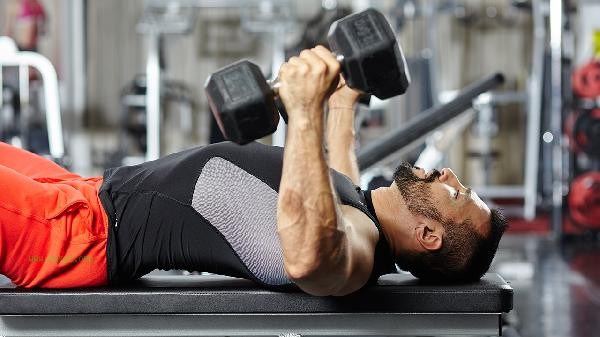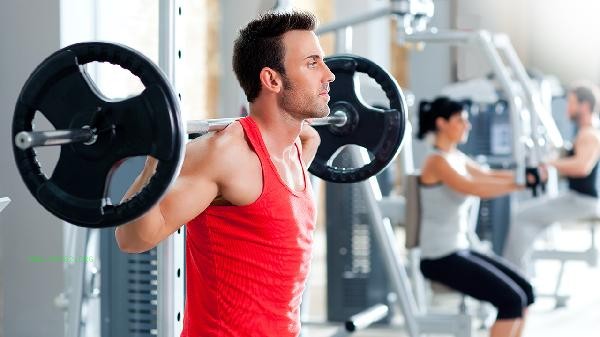Moderate consumption of low sugar and high fiber fruits before and after fitness can help with weight loss. It is recommended to choose strawberries, blueberries, apples, grapefruits, and kiwis. These fruits have low calories and are rich in dietary fiber, which can supplement the energy consumed during exercise without affecting the fat loss effect.

1. Strawberries
Strawberries have a sugar content of only 4-6 grams per 100 grams, and are rich in vitamin C and anthocyanins. Eating before exercise can provide an appropriate amount of carbohydrates, and after exercise, it helps with antioxidant function. Its dietary fiber can delay the rise of blood sugar and avoid fat accumulation. Individuals with gastrointestinal sensitivity should be aware that consuming on an empty stomach may cause discomfort.
2. Blueberries
Blueberries have a glycemic index of about 40, making them a low glycemic index fruit. The polyphenolic substances contained can alleviate post exercise muscle inflammation and promote recovery. Eating about 50 grams 30 minutes before exercise can stabilize blood sugar levels without causing gastrointestinal burden. Individuals with renal dysfunction need to control their intake.
III. Apples
Apples are rich in pectin, which can enhance satiety and promote intestinal peristalsis. Eating apples with skin after exercise can supplement potassium and regulate electrolyte balance. It is recommended to choose crispy apples as exercise meals, as the chewing process can also help alleviate stress-induced eating desires.

4. Pomelo
Pomelo is rich in naringin, which may help with fat metabolism. Eating half a grapefruit half an hour before exercise can improve exercise endurance with its water and micronutrients. People taking antihypertensive or lipid-lowering drugs should avoid consuming them together, as it may affect the efficacy of the medication.
5. Kiwi
Kiwi contains protease, which can help break down the accumulated lactic acid after exercise. Two kiwis can meet daily vitamin C needs, and consuming them after exercise can promote collagen synthesis and accelerate muscle repair. People with excessive stomach acid are recommended to consume it after meals.

Diet management during fitness needs to be personalized and adjusted based on exercise intensity. Within 30 minutes after aerobic exercise, an appropriate amount of fruits and high-quality protein can be supplemented. It is recommended to prioritize protein supplementation after strength training. Long term fasting exercise may cause hypoglycemia, and diabetes patients need to pay special attention to monitoring the changes in blood sugar. It can be paired with low-fat and high protein foods such as chicken breast and eggs in daily life to maintain nutritional balance while controlling total calorie intake. Developing the habit of recording diet before and after exercise can help find the most suitable fruit pairing plan for one's metabolic characteristics.







Comments (0)
Leave a Comment
No comments yet
Be the first to share your thoughts!